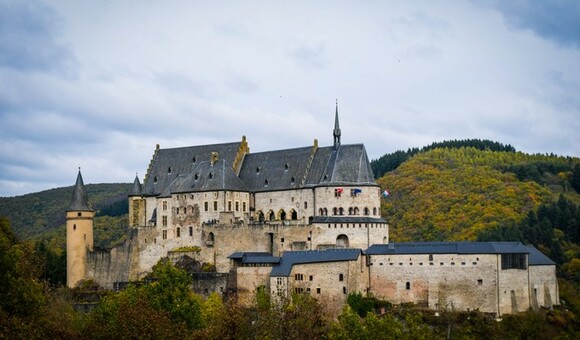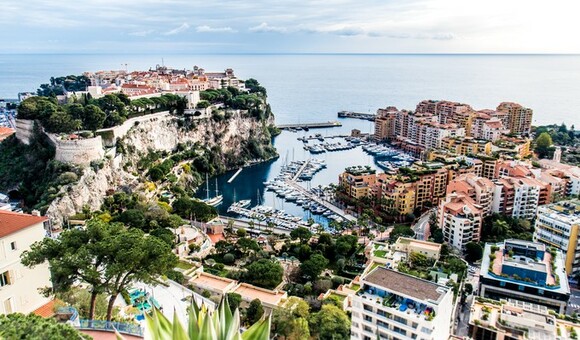I guess that just like everyone else, if you are asked to name some Romanian culinary specialties, you would be hard pressed to answer, wouldn't you?
Although it is true that tourism is developing in Romania, which has opened up much more to visitors curious to discover Transylvania, the beautiful city of Bucharest, the shores of the Black Sea and its other sites... we know a lot less about typical Romanian cuisine.
On the edges of French, Greek, Russian, Turkish and Germanic cultures, Romanian cuisine is plural, with diverse but essentially rural flavours.
Deprived of meat during the last part of the communist regime, the Romanians adapted by honouring vegetables and starchy foods.
Here are some typical dishes that you can taste during your stay in Romania.
Mămăliga
A classic Romanian dish. Made from cornmeal, it is similar to Italian polenta. It is either served as a substitute for bread or as a side to other traditional dishes.
Ciorba
A sour soup originally made from fermented bran, with many ingredients such as beetroot, mushrooms, aromatic herbs, potatoes, but also meat (bacon, beef, chicken). The most traditional ciorba recipe is prepared with tripe, garlic, cream and vinegar.
Sarmales
They are most frequently made from cabbage leaves, stuffed with rice, meat, herbs and vegetables. Often served with fresh cream, smântâna, Romanians really love this dish, which is widespread throughout the country.
Mititei
This is the most popular dish in Romania, found in all restaurants and bars from the summer onwards. Mititei are small sausages grilled on the barbecue, made from minced meat, garlic and spices. These sausages are served with Zacusca, which is an assortment of vegetables preserved in oil or vinegar.
Piftie
A festive dish, served for Easter and Christmas, Piftie is a terrine made from pork jelly.
Papanaşi
White cheese fritters served warm with fresh cream and Morello cherry jam. Another special Romanian dessert is Mucenici, a type of doughnut made from baked sourdough batter glazed with honey and nuts. Mucenici are prepared and offered only on March 9, on the feast of the 40 martyrs, in commemoration all those who suffered during the communist regime.
All these dishes, selected from the diversity of traditional Romanian cuisine, remind us of other culinary specialties such as kefta meatballs in Turkey, pickles from Great Britain or the United States but also North African variations; such as chorba, a typical oriental soup...
As you can see, Romanian cuisine is much more diverse than you might have imagined and your stay in Romania will delight your historical curiosity, your taste for wide open spaces and your taste buds.
If you go to Voyage-Roumanie.fr (unofficial for the promotion of Romania but very well designed), you will find more details on Romanian specialties but also on Romania and its remarkable sites.
Travel safely in Romania, thanks to our DS EURO PASS contract and our DS vehicles, at your disposal in one of our delivery and return points, conveniently located in Europe. The Milan or Munich delivery points are expecting you already!


